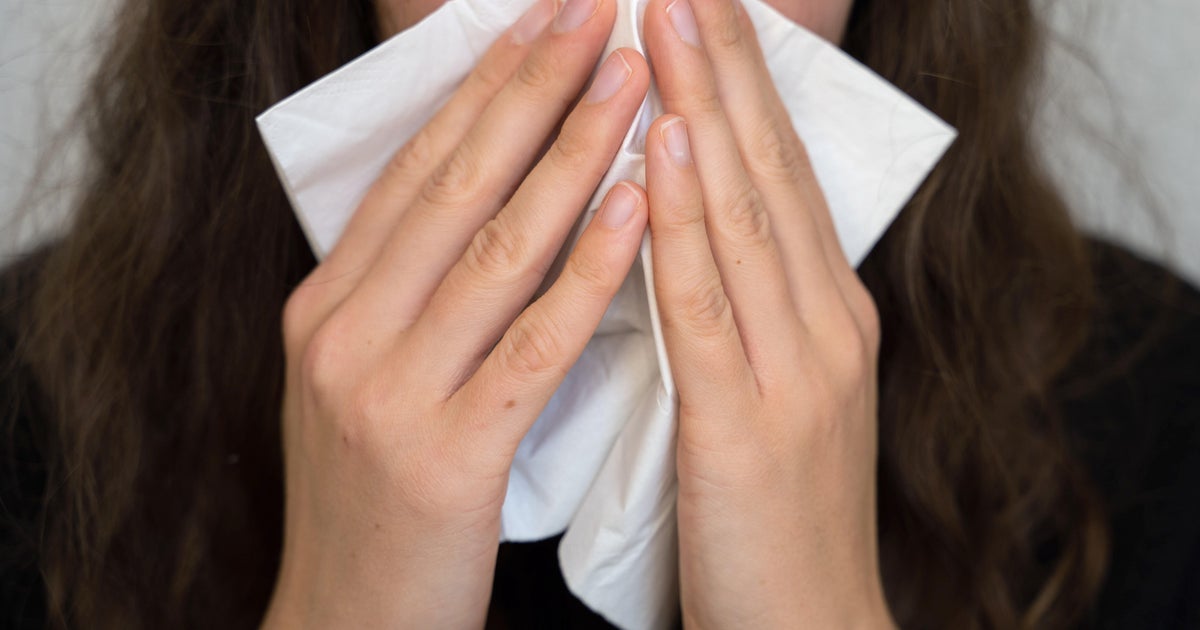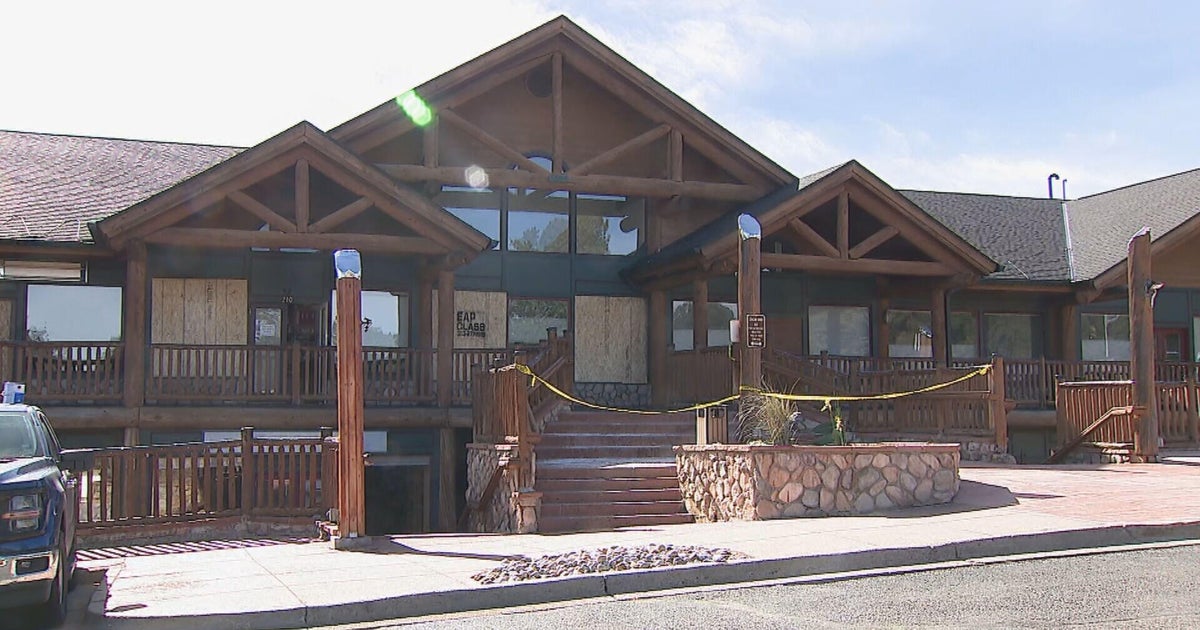Highly-contagious Omicron variant fuels summer surge concerns
MINNEAPOLIS -- Two super-infectious Omicron strains are fueling a surge in COVID-19 cases across the country this summer. Omicron BA.4 and BA.5 subvariants are on the rise, and more Americans are reporting second infections.
"We are in a not good place and that is not realized by the population who doesn't even want to hear that," Mayo Clinic Professor of Medicine and Infectious Diseases Dr. Greg Poland said.
Dr. Poland said a CDC map showing community levels being mostly low in Minnesota as of Friday, is misleading. In part, due to many cases likely being underreported since state-run testing sites have closed and there's been a rise in at-home testing.
"Even though we aren't experiencing the same surge right now as much of the rest of the nation, we will be," Dr. Poland said.
Across the country, as the highly contagious Omicron BA.4 and BA.5 subvariants are on the rise, more Americans are reporting second infections. And while symptoms are often mild, a new study tracked nearly 40,000 people who had COVID at least twice and found each reinfection creates a new opportunity for serious health risks.
"Some people, when they get infected the first time, that infection may weaken their immune system in a way or produce some organ damage that makes them more vulnerable to having adverse consequences or adverse health risks after they get the second infection, " says Dr. Ziyad Al-Aly, Clinical Epidemiologist at Washington University in St. Louis, who led the research.
His study found patients with two or more infections had more than twice the risk of dying compared to patients with just one infection. They had three times the risk of being hospitalized and faced higher odds of getting long COVID.
"If you've had a first infection and you managed to dodge long COVID," says Al-Aly, "having a second infection you literally are rolling the dice again." He says the risk of reinfection is increasing dramatically, and we're seeing it from all corners.
"We are still learning a lot about this virus and it's changing so quickly," Dr. Michael Osterholm, Director of the Center for Infectious Disease Research and Policy at the University of Minnesota said.
Dr. Osterholm said there's a long way to go when it comes to treatment options, but right now, the vaccine is still the best defense.
"Fortunately, we're not seeing a major increase in severe illness, hospitalizations and deaths," he said.
The Food and Drug Administration has asked manufacturers to design a booster for the fall that targets the newest Omicron variants.







